Want to discuss deposit return, reverse vending and your role in helping to solve plastic pollution?
Everyone has a part to play in combatting plastic waste in our community and our oceans.
Get in touch
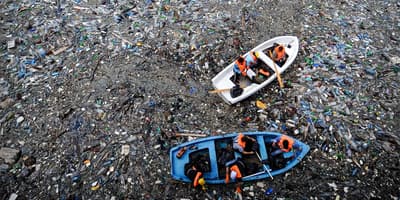
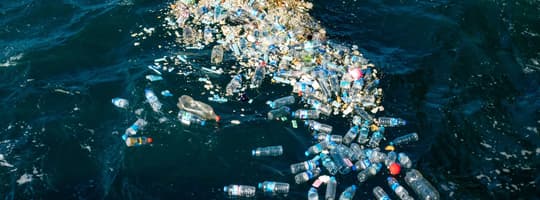
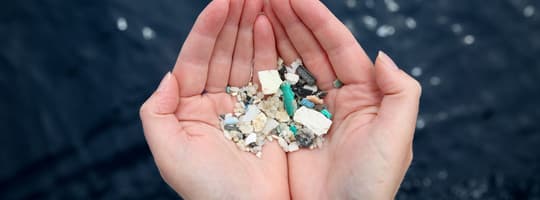
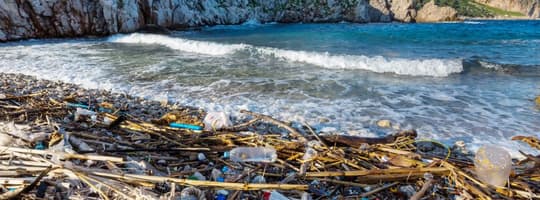
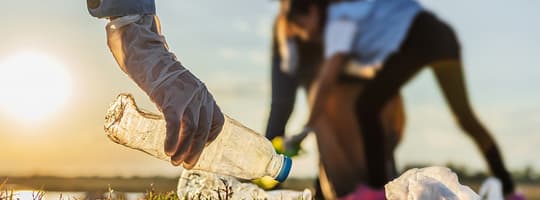
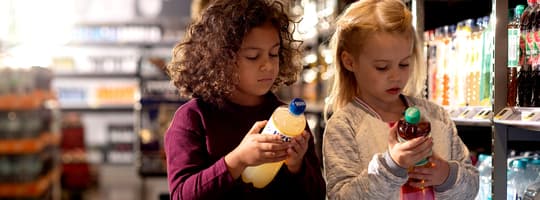
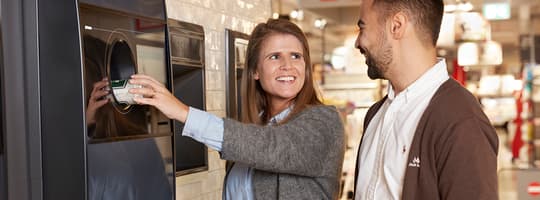
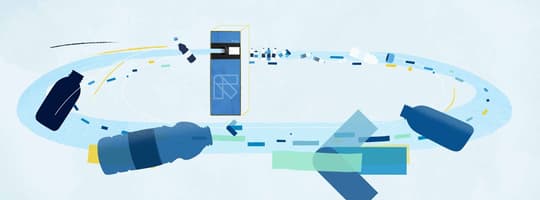
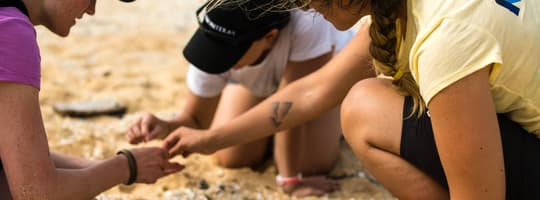



Want to find out more about the impact of plastic pollution and how you can play your part? Explore our resources:







1 “New Plastics Economy: Rethinking the Future of Plastics,” World Economic Forum. January 2016.
2 "No plastic in nature: Assessing plastic ingestion from nature to people," WWF. 2019.
3 "Plastic rain in protected areas of the United States," Science. 2020.
4 DRS: Derived from GlobalData sales and redemption data from European deposit system operators. 2019. Available upon request. Curbside: “PETCORE Europe Presentation 2020,” Eunomia. 2020.
5 “Understanding the effects of marine debris on wildlife,” CSIRO. 2014.